Mixture Toxicity —— Linking Approaches from Ecological and Human Toxicology
----- 混合物毒性
In the last decade and a half, great progress has been made in the development of concepts and models for mixture toxicity, both in human and environmental toxicology. However, due to their different protection goals, developments have often progressed in parallel but with little integration. Arguably the first book to clearly link ecotoxicology and classic human toxicology, Mixture Toxicity: Linking Approaches from Ecological and Human Toxicology incorporates extensive reviews of exposure to toxicants, toxicokinetics and toxicodynamics, toxicity of mixtures, and risk assessment. The book examines developments in both fields, compares and contrasts their current state of the art, and identifies where one field can learn from the other. Each chapter provides an essential overview of the state of the art in both human and ecotoxicological mixture risk assessment, focusing on the work published in the last fifteen years. The coverage progresses from exposure to risk assessment, at each step identifying the special complications typically raised by mixtures. Based on in-depth discussions among specialists representing different disciplines and approaches, the chapters each address: Exposure - how to quantify the amounts of chemicals that may enter the living organism. Kinetics, dynamics, and metabolism - how the chemicals enter an organism, travel within the organism, how they are metabolized and reach the target site, and explain development of toxicity with time. Toxicity - what are the chemicals' detrimental effects on the organism. Test design and complex mixture characterization - how chemicals interact, how to measure effects of mixtures, and how to identify responsible chemicals. Risk assessment - how to assess for risks in humans and the environment. An unusual combination of different points of view on exposure to and risk assessment of chemical mixtures, this book summarizes current knowledge on combined effects of toxicant mixtures, information that is generally only available in a very fragmented form as individual journal papers. It identifies possible crosslinks and includes recommendations for mutual developments that can improve the state of knowledge on mixture toxicity and ultimately lead to better and more integrated risk assessment.
{{comment.content}}
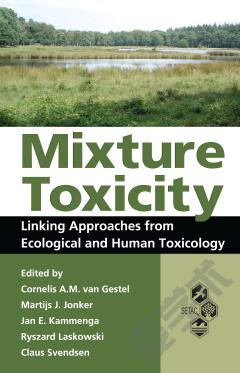
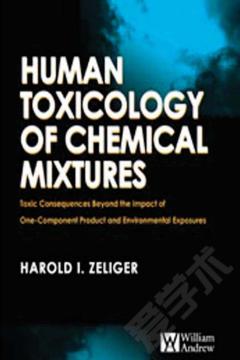

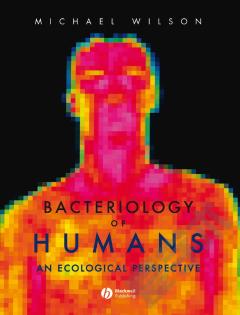
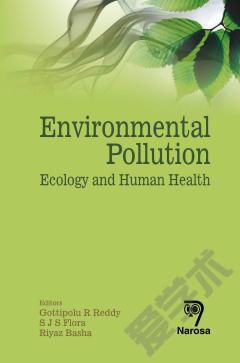
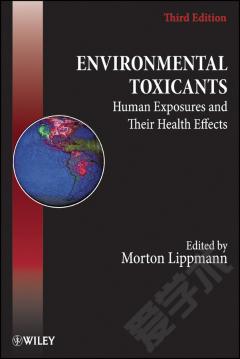


 京公网安备 11010802027623号
京公网安备 11010802027623号